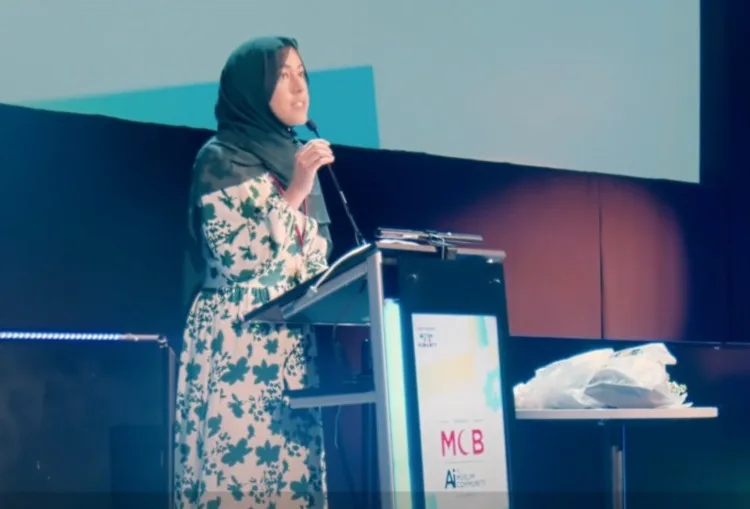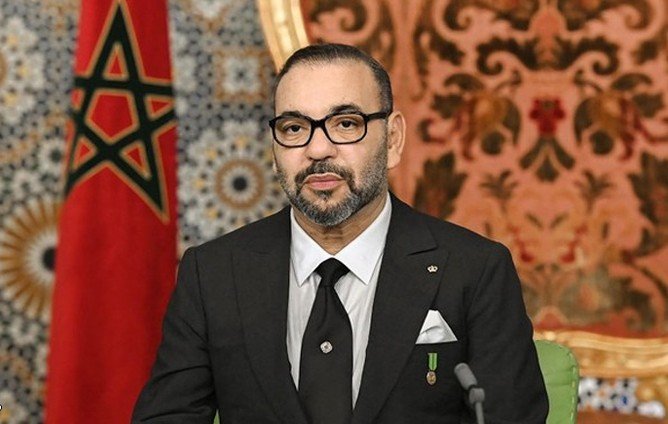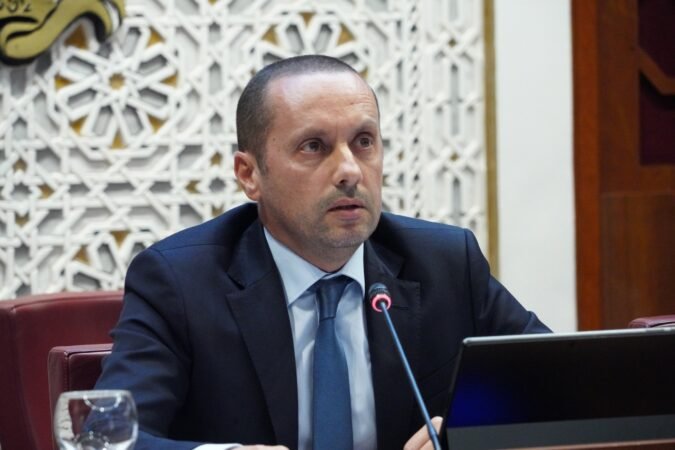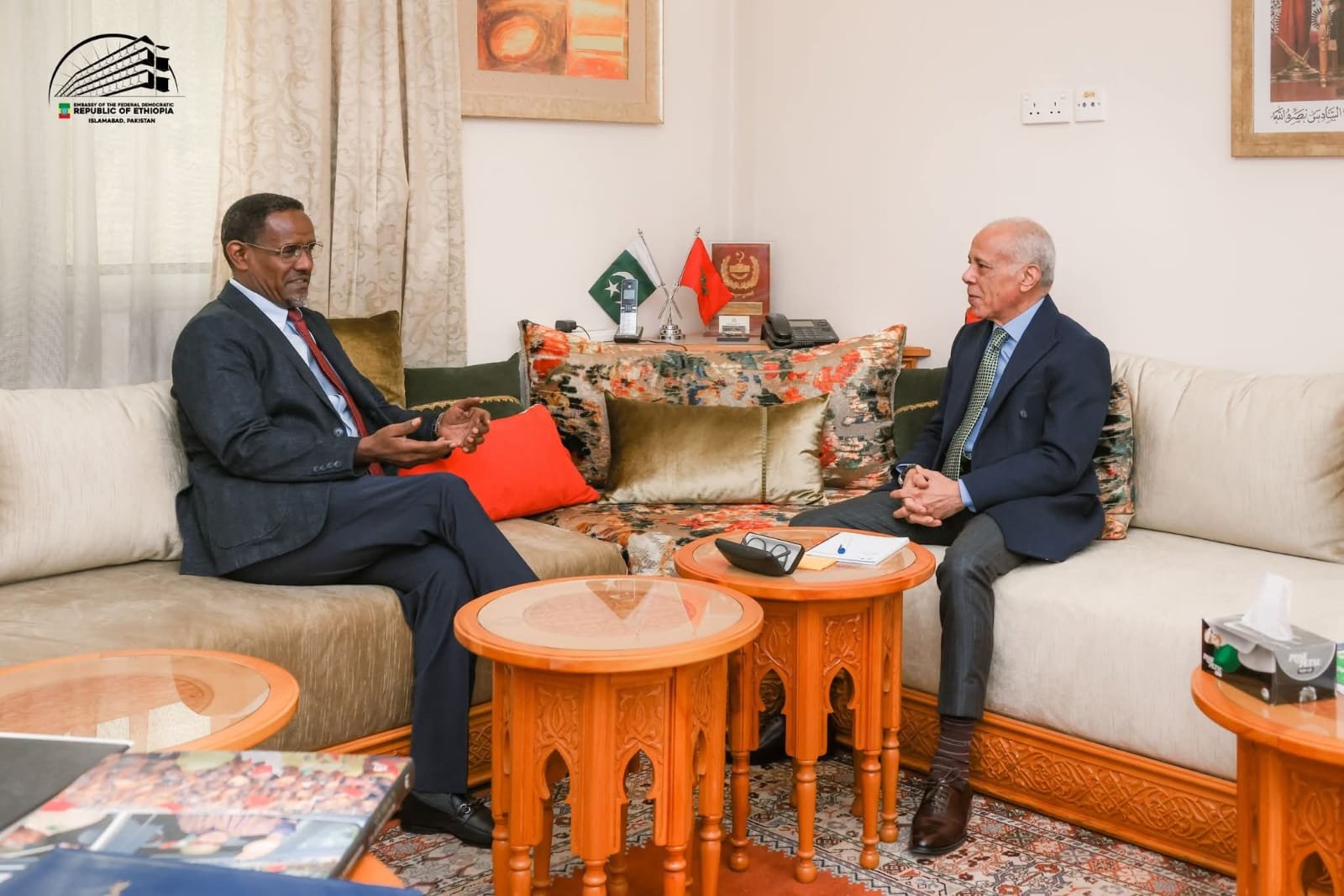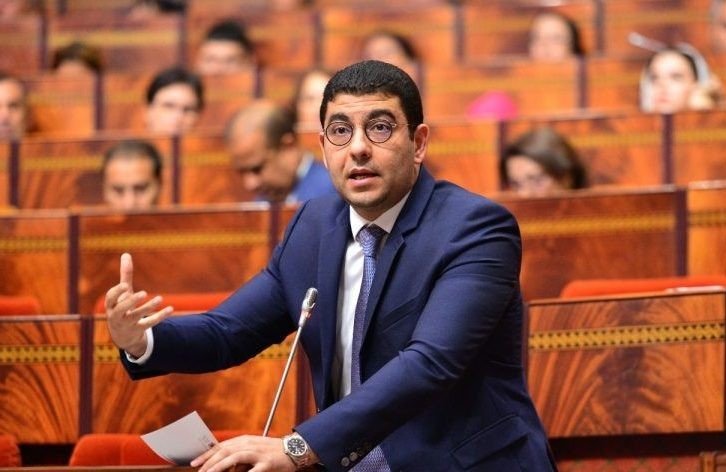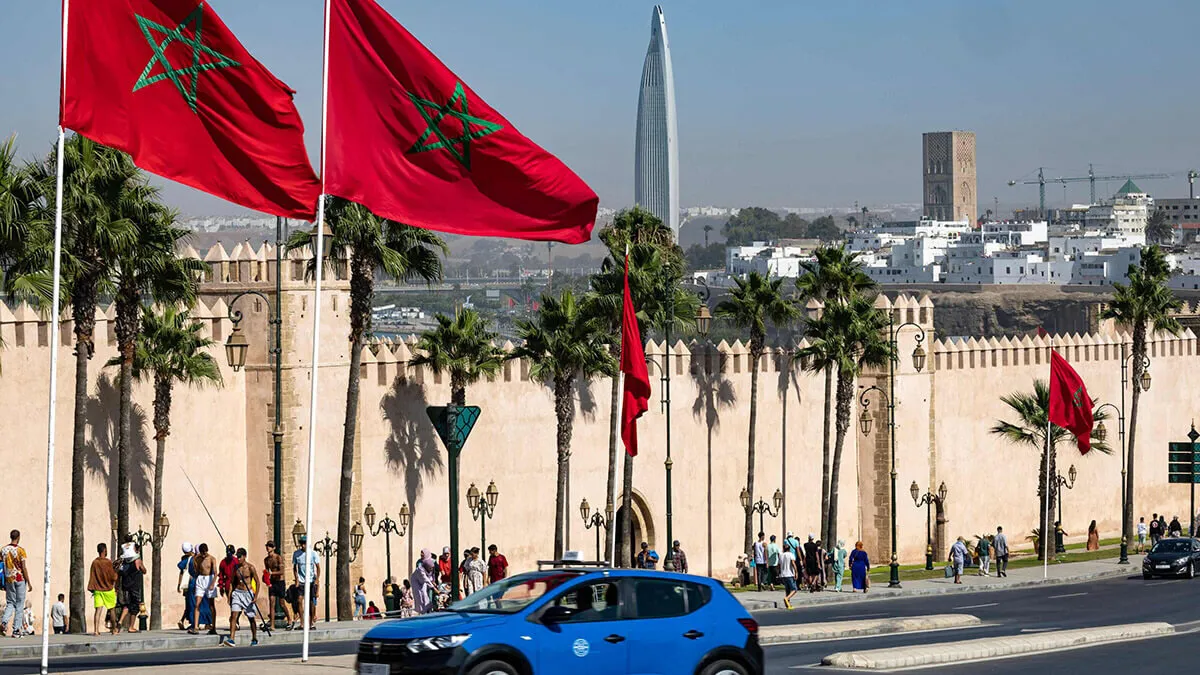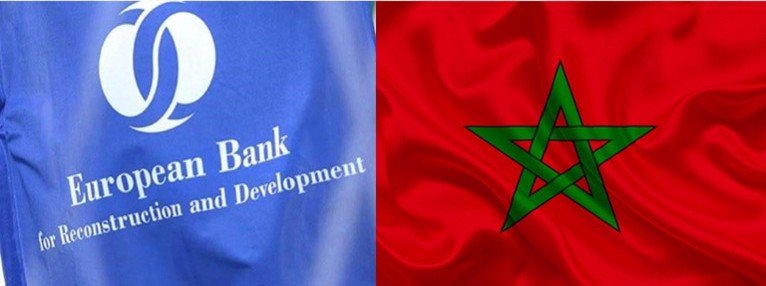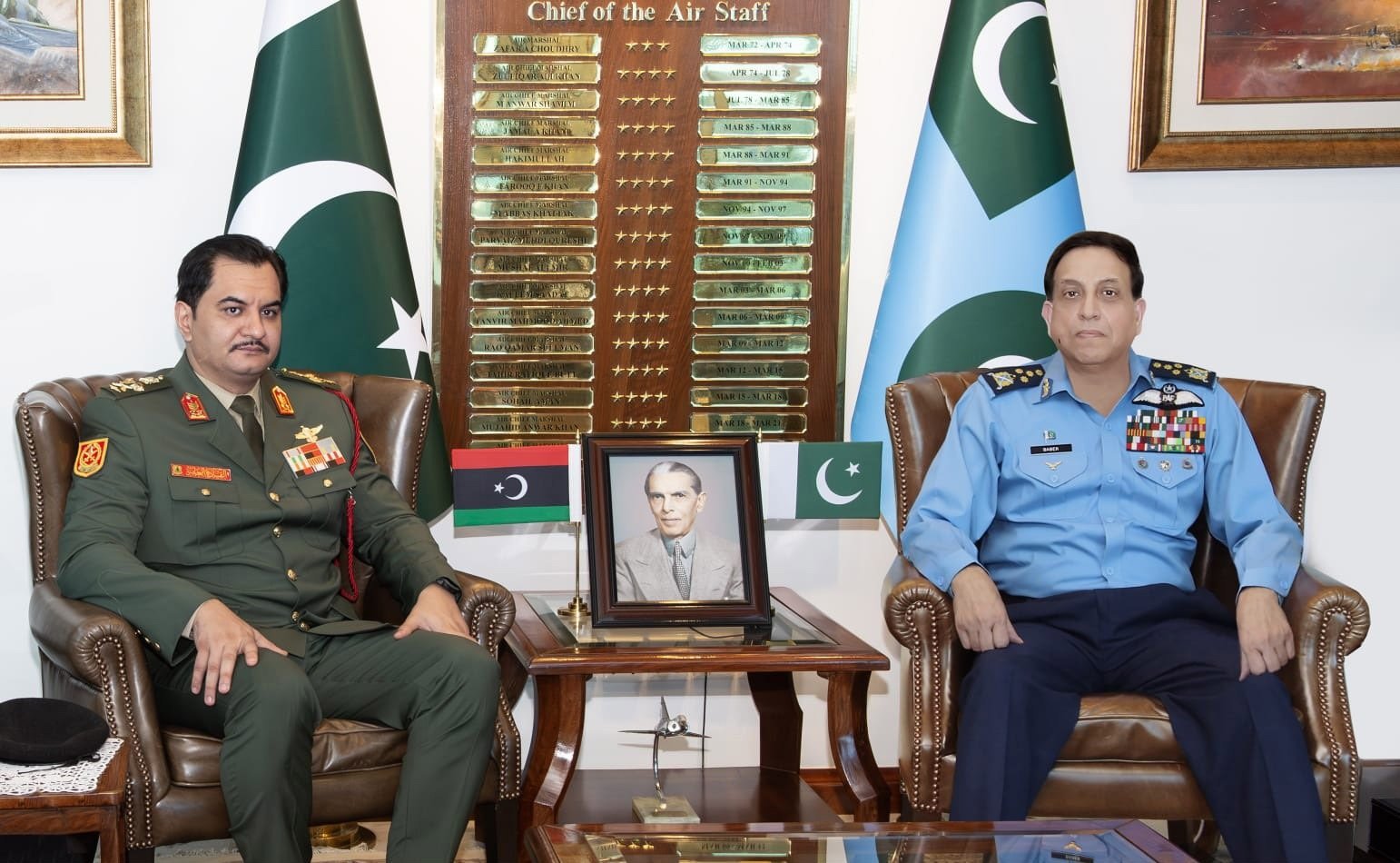Rabat, August 2, 2025 – The Europe Today: Renowned Moroccan engineer and artificial intelligence (AI) expert Ibtihal Aboussad has issued a passionate call for Muslim communities worldwide to actively engage in shaping the future of AI, warning against the risks of remaining passive amid rapidly evolving technological advancements.
Speaking at a recent event hosted by the Muslim Council of Britain, Aboussad emphasized that Muslims have both a moral and strategic responsibility to understand and influence the development of AI technologies. “AI is everywhere, so we cannot sit this one out,” she declared.
Reflecting on the rise of social media in the early 2010s, Aboussad noted that many Muslim institutions were unprepared for its sweeping influence. “Social media began shaping how Muslim youth think, and we weren’t ready,” she said, drawing a parallel with the current AI revolution.
Highlighting the misuse of AI in modern warfare, Aboussad pointed to the ongoing Israeli military campaign against Palestinians, describing it as one of the most disturbing examples of technology being deployed in unethical ways. “In Palestine, we’re witnessing the most disturbing use of tech in modern warfare,” she said, urging communities to develop tools that uphold justice and protect the vulnerable.
She posed a series of pointed questions to her audience: “Are we building the tools that protect them? Are we training our youth and our communities to understand these models? Are we developing alternatives to serve justice instead of oppression? Or are we sitting back and hoping that someone else will handle the technical details?”
Aboussad warned that continued disengagement would allow others to shape technologies in ways that may contradict Islamic ethical values, stressing that “every delay means losing more ground.”
However, she also expressed optimism, stating that the AI revolution is still in its formative stages. “The great news is we are still early enough in this shift to do things differently,” she said. “We cannot let anyone convince us that technical work is morally neutral. We are entrusted with truth and justice—and this responsibility applies to science and technology as well.”
Aboussad, a Harvard-trained engineer who previously worked at Microsoft, has become a prominent voice in the global AI ethics debate. Earlier this year, she gained international attention after publicly confronting Microsoft AI CEO Mustafa Suleyman, accusing the company of complicity in Israel’s military actions in Gaza.
Her message has since resonated with scholars, activists, and technologists across the Muslim world, as she continues to advocate for an ethically grounded and justice-oriented approach to AI development.
